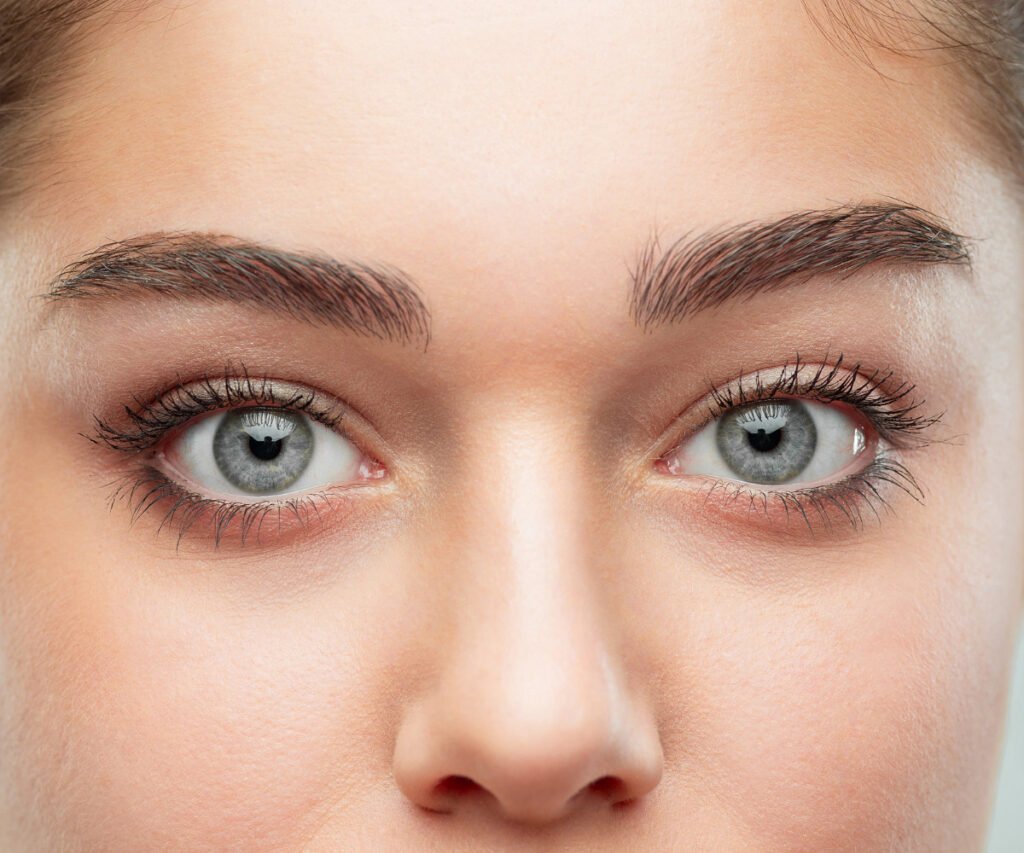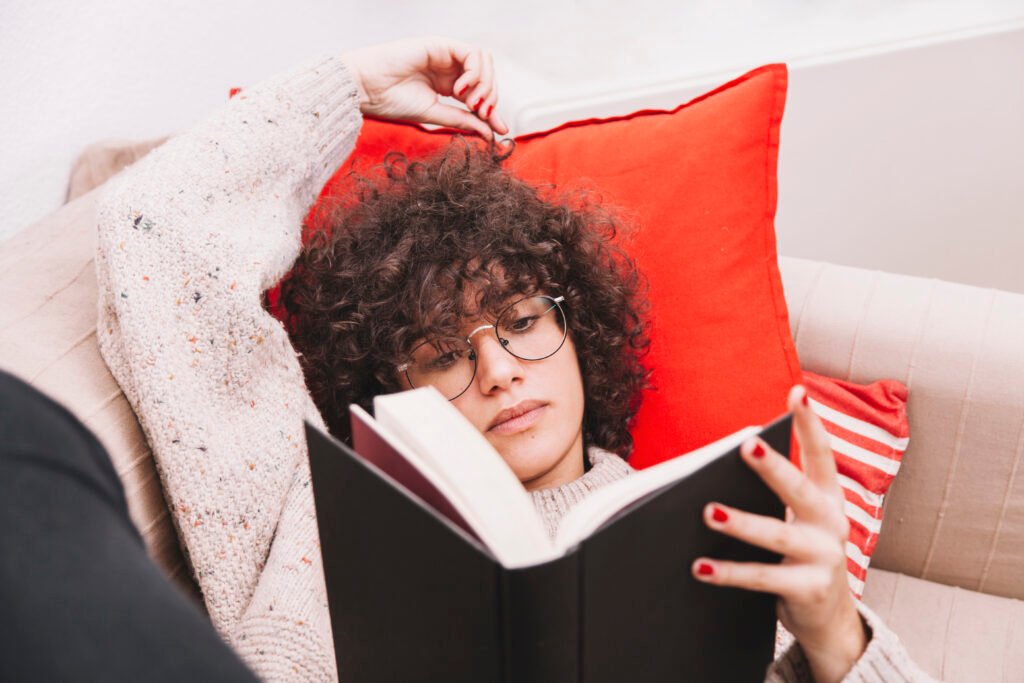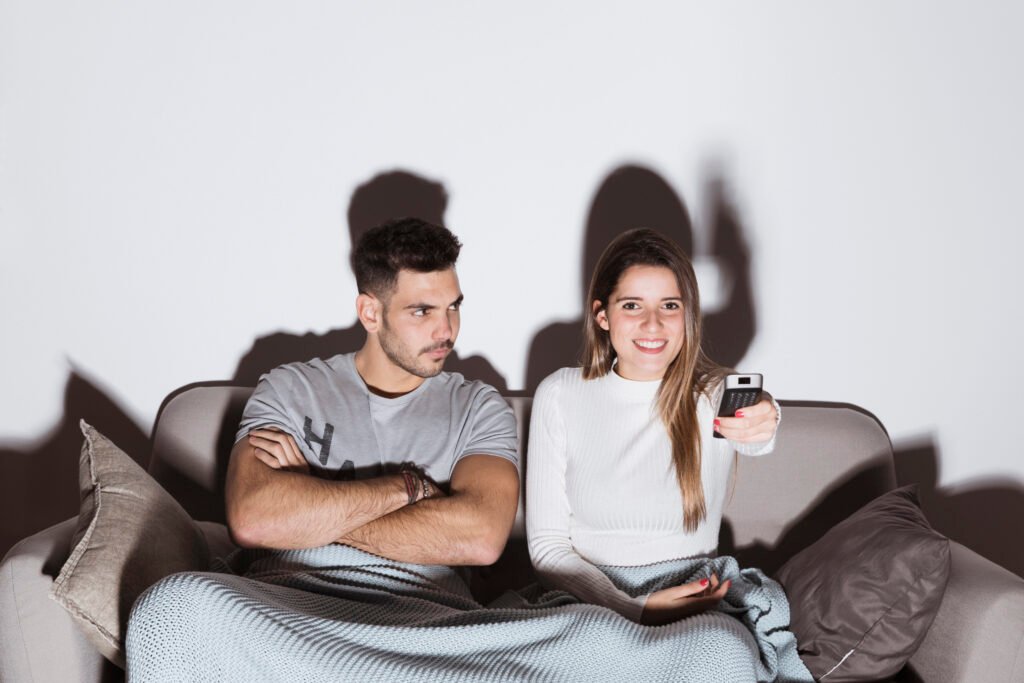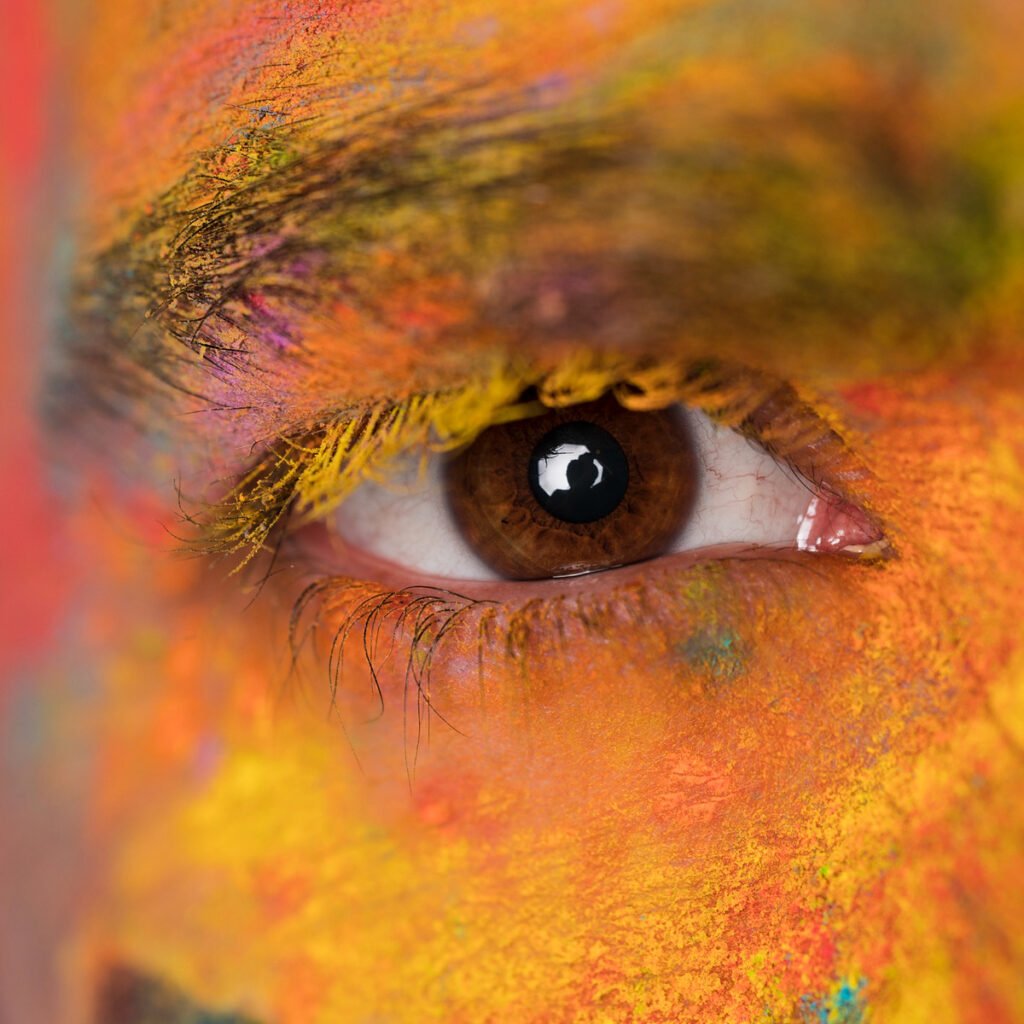Why we should Protect our eyes, The eyes are the sensory organs responsible for vision. They detect light and transmit this information to the brain. We need our eyes to see the world around us. Light first passes through the cornea, a clear outer layer that helps focus light. The iris, a black opening in the eye, controls how much light enters the eye. The iris, the colored part of the eye, adjusts the size of the iris to control the amount of light it can take in. The lens, located behind the iris, focuses light more on the retina. The retina, the light-sensitive layer at the back of the eye, contains photoreceptor cells that convert light into electrical signals.
The cones are more sensitive to light and help with night vision, while the cones detect color details. These electrical signals travel to the brain via the optic nerve. The brain interprets the signals from the optic nerve and creates the visual image that we perceive. The eye is the organ that detects light and transmits information to the brain through the optic nerve. These are important sense organs in humans. Due to the pandemic, online classes and working from home have forced more time to be spent.
That means spending more time in front of the screen. Similarly, increasing screen time increases the pressure on the eyes and damages their health of the eyes. UV rays from computers and mobiles are very harmful to your eyes, so there is no eye protection. https://radiantlifeblog.com/blog/

Getting into the habit of wearing sunglasses with UV protection when going out in the sun can protect your eyes from harmful rays. Not only that, blue light falling on our eyes for too long is not good for eye health. Most people take this very lightly. But whenever there are burning eyes, headache, watery eyes, and other symptoms then some precautions are taken. That’s why experts always recommend frequent checkups for eye problems. https://my.clevelandclinic.org/health/body/21823-eyes
While Reading Protect your____
When reading, it’s a good idea to be mindful of your eye health and take steps to prevent strain. The 20-20-20 rule means looking at something 20 feet away for 20 seconds every 20 minutes. In addition, ensuring proper lighting, taking frequent breaks, and maintaining good posture can help reduce eye strain. Use a well-lit room and use a reading light that shines directly on the page. Avoid reading in dim light, which can strain your eyes. Take frequent breaks to rest your eyes, but feel free to take more breaks if necessary. Make sure the text is at a comfortable reading distance for you.
Maintain good posture to reduce strain on your neck and back, which indirectly affects eye strain. Remember to blink frequently while reading so that your eyes stay moist and don’t dry out. If you’re reading on a digital screen, it’s a good idea to use a glare-reducing screen protector and adjust the brightness to match your surroundings. If you find yourself constantly straining your eyes while reading, consult your eye doctor to see if you need reading glasses or other corrective lenses.

The book is 30 cm. Study at a distance. Read sitting upright. Do not read lying down. There should be enough light. Reading while sitting in a moving chair causes strain on the eyes.
While watching television
Watching TV can cause temporary eye strain, especially if you watch it too close or in a dimly lit room. This can lead to symptoms such as eye strain, blurred vision, and headaches. To reduce eye strain, maintain a comfortable viewing distance, ensure adequate lighting, and take regular breaks by looking away from the screen. Prolonged viewing of a screen, especially in a dark room or close to it, can strain the eye muscles and lead to eye strain. Common symptoms include eye strain, blurred vision, headaches, and dry eyes.
The recommended viewing distance for a standard-definition TV is six times the height of the screen, but this may be less for high-definition TVs. Avoid watching TV in a dark room. Soft lighting is better than complete darkness. Follow the 20-20-20 rule: Every 20 minutes, take a 20-second break and look at something 20 feet away. Adjust screen settings, reduce brightness and contrast if necessary, and make sure the TV is at or slightly below eye level to avoid neck strain. Wear glasses if necessary. If you need glasses for reading or near vision, wear them while watching TV.

It is not good to watch TV continuously for more than an hour. TV Many people have a habit of keeping their body in various postures while watching, but sitting in a chair that blows the spine while watching TV. Seeing is good for the eyes. While watching we should be at least 3 meters away from the TV. A TV that doesn’t sit in a dark room. Seeing is not good for the eyes. Lighting should be adequate while watching TV. It is better if the light is also high on the back of the TV.
While working with computer or phone
It is not good to work without blinking while using computer or phone. Blink frequently. Do not work continuously and take rest in between. Sit with your feet on the floor and keep your spine straight. Your vision should not be too sharp. Monitor lighting should be adjusted to make it look brighter. It is better to have an antiglare screen on the monitor. If you spend a lot of time working in front of the computer, your eyes are more likely to get tired. At that time follow this 20-20-20 rule. Take a break every 20 minutes and look at anything 20 meters away from the computer for 20 seconds. This is the 20-20-20 rule. It is very useful for the eyes.

Carrot Juice for Eyes
Vitamin A plays a key role in the formation of rhodopsin, a pigment in the retina that helps you see in low light conditions. Carrot juice is very good for the eyes. It is rich in beta-carotene, which improves eye health. Vitamin A is very important for maintaining vision and preventing eye conditions such as night blindness and cataracts and macular degeneration. Carrots are rich in beta-carotene, which your body converts into vitamin A.
Vitamin A is needed to maintain a healthy retina and cornea, which are crucial for vision, Prevents dry eyes. Vitamin A also helps maintain the health of the mucous membranes that cover the eyes, preventing dryness and discomfort. Carrot juice also contains antioxidants like lutein, which help protect the eyes from damage caused by free radicals and reduce the risk of age-related eye diseases such as macular degeneration. Carrot juice is very beneficial for eyes. Carrots are rich in vitamin A. It is very useful in improving the eyes. Drinking carrot juice every day improves eyesight.
Leafy vegetables
Green vegetables help to avoid eye problems. Green vegetables are not only good for eyes but also for health. You can improve your eyesight faster. It is rich in vitamin A, vitamin C, vitamin K, magnesium, manganese and iron.

All those who want eye health should eat fish. Omega-3 fatty acid, which is abundant in fish, not only prevents eye pain but also improves retinal function. Anyone who wants better eyesight at night must eat blueberries. Anthocyanins and vitamin-C, which are abundant in them, not only improve eyesight but also relieve eye fatigue. Beta-carotene and vitamins present in large amounts in lettuce prevent the effects of ultraviolet rays on the eyes. This gives sharp eyesight. That is why it is good to eat a lot of lettuce in the form of salads, curries and pulses every day. Starting with vitamin-A in eggs, many other key nutrients prevent age-related retinal diseases like macular degeneration.
Note: The information provided here is for general knowledge and informational purposes only and should not be considered medical advice. It is essential to consult a qualified healthcare professional for any health concerns or before making any decisions regarding your health or treatment.

